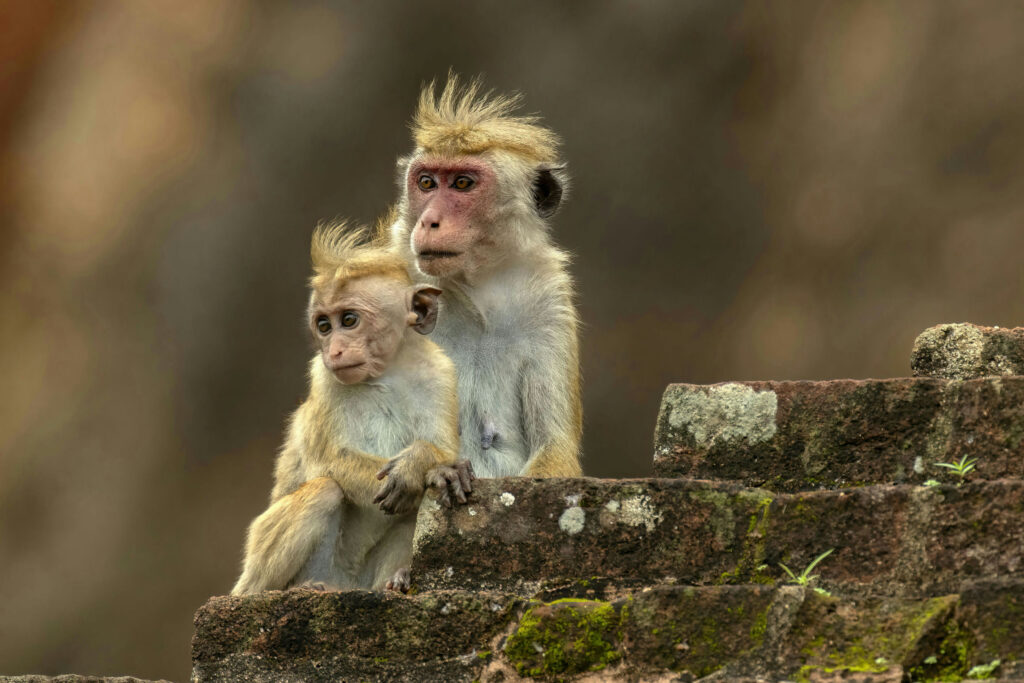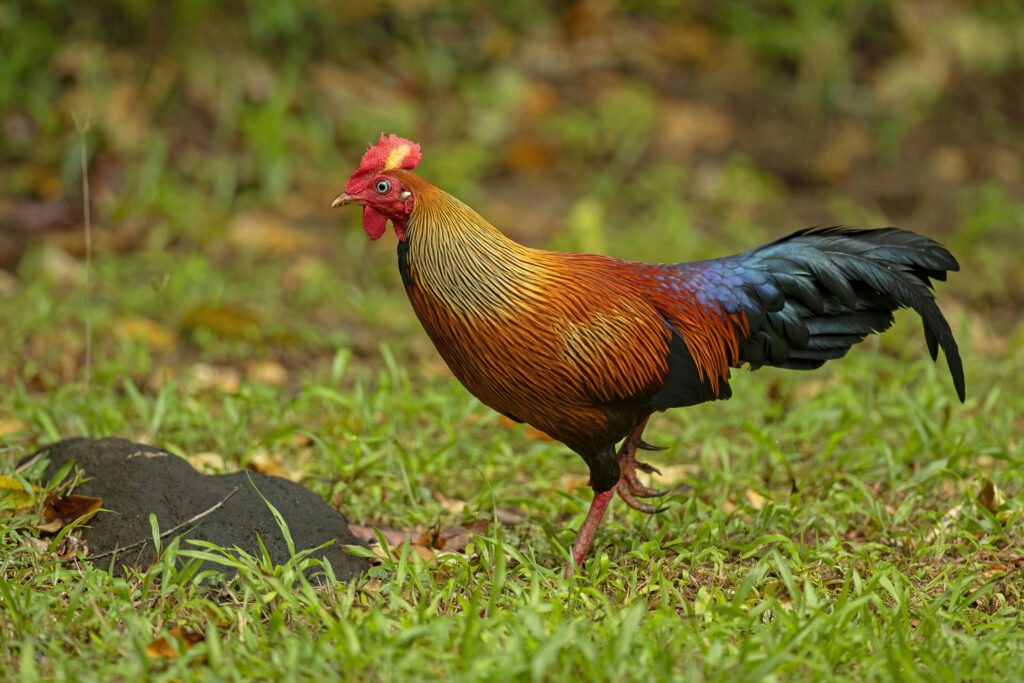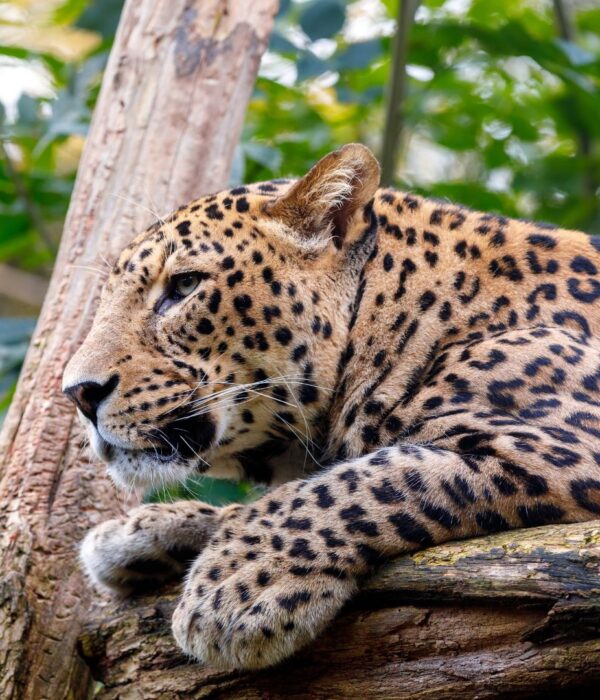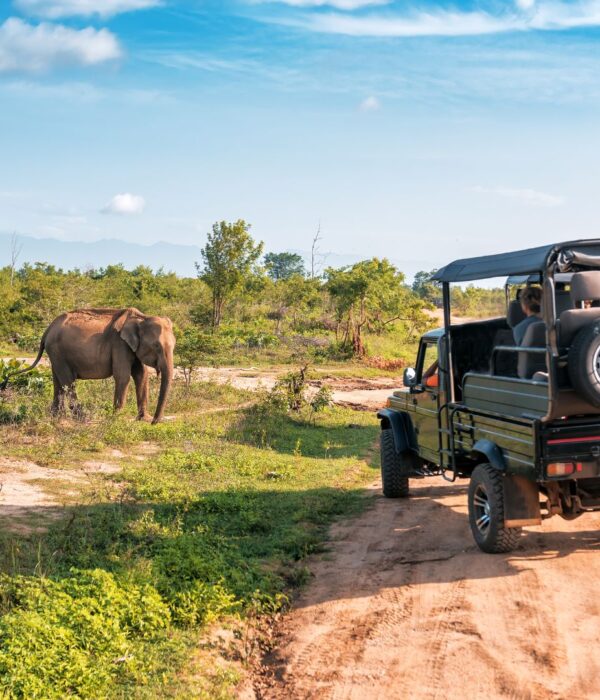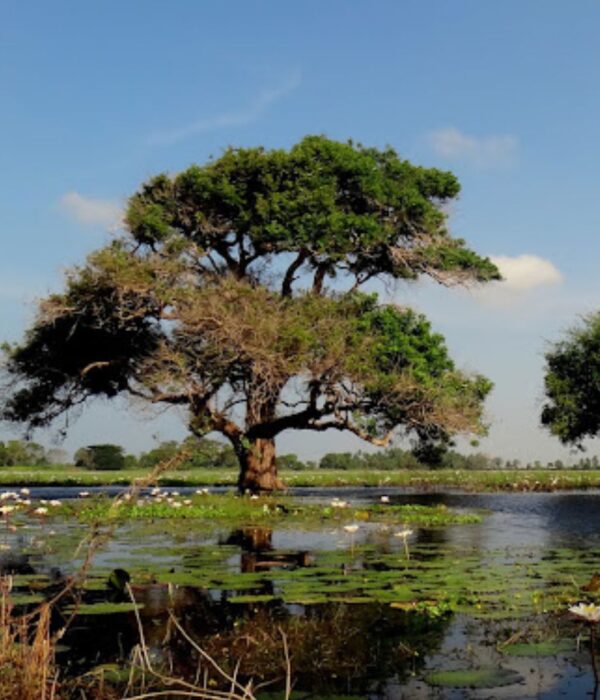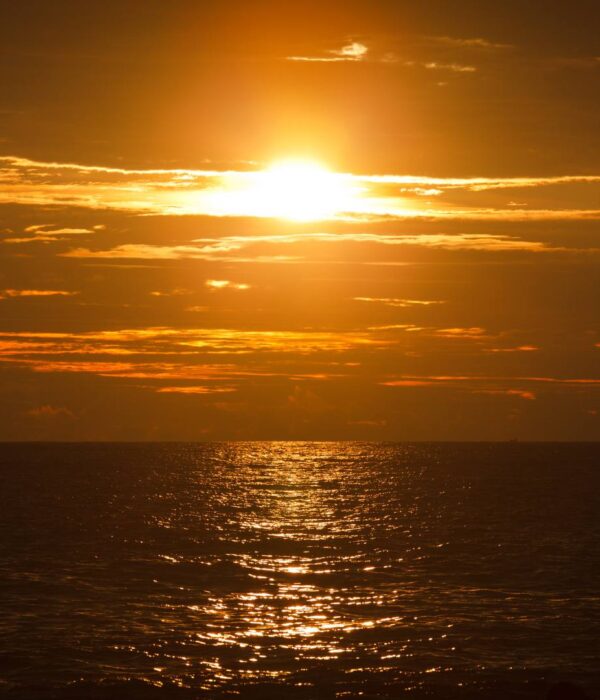SRI LANKA
Sri Lanka, an enchanting tropical gem in the heart of the Indian Ocean, stands as a testament to the splendors of biodiversity. Recognized among the 36 biodiversity hotspots on our planet, alongside India's Western Ghats, this island nation spans a mere 65,610 km² of land yet cradles an astonishing 522 bird species, constituting approximately 5% of the world's avian diversity. Within this avian haven, 34 species proudly wear the badge of endemism, imparting Sri Lanka with the highest percentage of endemicity (6.5%) in all of South Asia. With over 240 resident species and a comparable influx of winter migrants, the birding enthusiast embarking on a dedicated tour can marvel at approximately 200-225 species, including the illustrious 34 endemics, all within a period of two weeks or a little over.
Nestled at the base of the Central Asian Flyway, Sri Lanka serves as the final destination for about 250 migratory bird species originating from the breeding grounds expanding from Northeast Europe to the Russian Far East, coursing through the vast Central Asian plains and navigating the formidable Himalayan barrier. Recent revelations from Sri Lankan researchers, using GPS tracking of migrants, unveil the island’s connection to Central Asia and beyond, reaching as far as Europe and the freezing waters of the Arctic Ocean.
Sri Lanka is not just about bird life. It has earned the title of the most species-concentrated country in the whole of the Asian region. As illustrated by Sri Lanka’s National Red List (2012), it reveals the presence of 748 evaluated vertebrates, including 125 mammals, 211 reptiles, and 95 freshwater fish species, as well as 1,492 invertebrates, comprising 253 land snail species, 245 butterfly species, and 336 Pteridophytes, along with a staggering 3,154 flowering plants. This high density of life owes itself to the ecological, climatic, soil, and topographical variability across the island. Each locale, with its distinct characteristics, becomes a haven for specific flora and fauna, fostering a breathtaking array of life. The country's elevation creates three distinct zones, beginning with the coastal belt and ascending to the plains ranging from 30-200 m above sea level (asl), before merging into the Central Highlands towering up to about 2500 m asl. Take a stroll across these peneplains; it will immerse you in a diverse array of ecosystems, from the lavish coasts with arid thorn scrub forests to the dry zone monsoon forests, to the virgin rainforests of the wet zone, which then ascend to the cloud forests of the misty mountains.
Sri Lanka proudly boasts a documented history that spans an impressive 3,000 years. The rich tapestry of the country's history, culture, and civilization is intricately woven around Buddhism, which arrived on the island in the 3rd century BCE. The ancient kingdoms with monumental structures like towering Dagobas, and expansive reservoirs and tanks, showcasing advanced irrigation technologies, stand as silent testaments to the island's unparalleled heritage. Sri Lanka is a breathtaking mosaic, a coalescence of golden beaches, verdant forests, majestic mountains, and sprawling plateaus. Among these diverse landscapes, the iconic tea gardens hold a special place. Introduced to the country by British planters in the 1800s, Ceylon tea has rightfully earned its reputation as the finest in the world. The tea industry has become a cornerstone of Sri Lanka's economy, with tea exports serving as a mainstay for many decades.
A visit to Sri Lanka ensures an extraordinary bird and wildlife experience that transcends its geographical confines, with a sparkling touch of its rich culture and heritage. It is a sanctuary where nature's symphony plays in harmony, inviting bird enthusiasts to witness the magic of life in its myriad forms. Whether a seasoned birder or a casual observer, Sri Lanka beckons, promising an unforgettable journey through the vibrant landscapes that make it a true paradise for birds and other wildlife alike.
